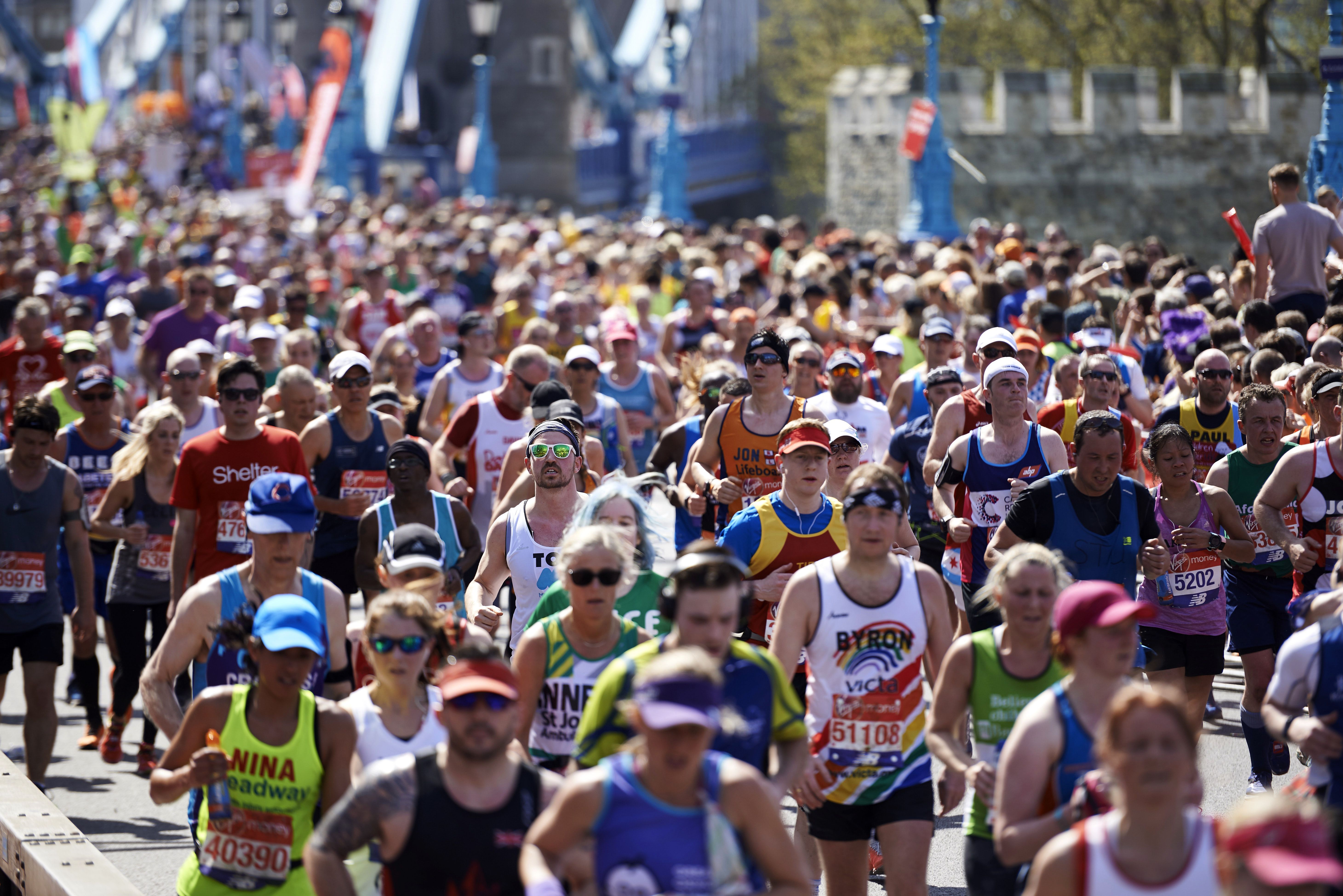

As mentioned above, first try using the products that will be available on the course. Start doing this 10 weeks before the event, pick your long-run training to practice and follow your plan, or build up to it. This includes not only products but timing as well. The first step is to figure out what nutrition works best for you. If you can’t tolerate it, it is better to find out weeks in advance than on race day.

Finding out what nutrition is going to be handed out is important too because it would be a good idea to practice with this nutrition and make sure you can tolerate it and you can adapt to it.

You may not be able to influence the weather, but you can prepare for the conditions. You need to know some of the basics of the race like: what nutrition will be provided on the course, where are the feed stations, and what are the weather conditions likely to be. Preparation starts many weeks before the event.

Most runners spend many hours per week training, planning, and preparing their training sessions…but how much time is spent on nutrition? Often, nutrition is taken for granted and this could jeopardize all the hours and days of hard training. Training and nutrition are the two of the most important factors determining performance on race day. Interestingly, the story does not start the week before the race, like training, it starts many weeks before the event! After a race, it also seems to be one of the main topics, especially for runners who did not achieve their goals or had problems along the way. Here is a quick guide to getting your nutrition for your marathon just right. Questions about what to eat before, during, and after the race are commonly asked by beginners and even advanced runners. Nutrition continues to be a much-discussed topic amongst marathon runners.


 0 kommentar(er)
0 kommentar(er)
